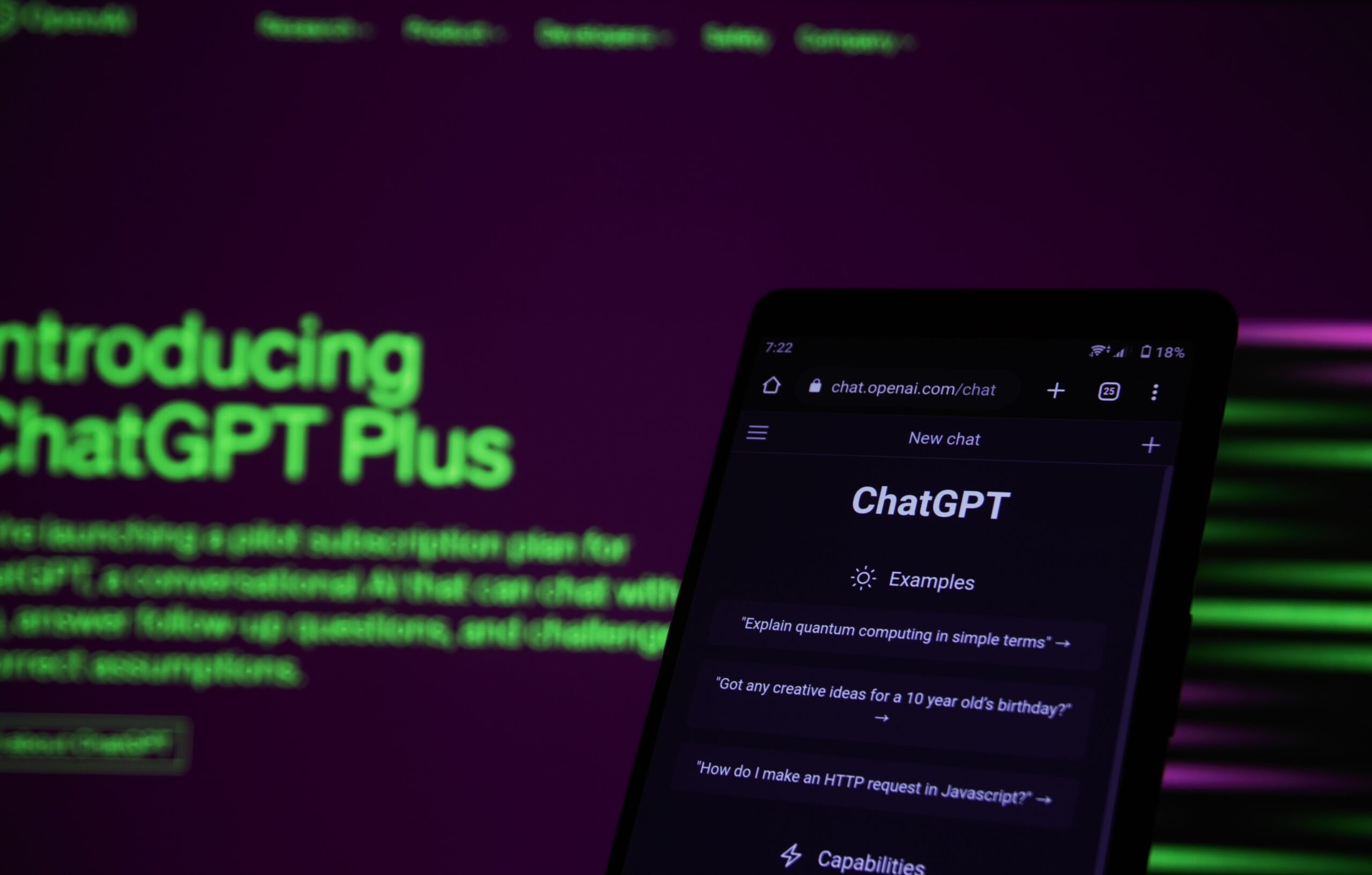The New York Times Company has filed a lawsuit against OpenAI and Microsoft, accusing them of using millions of its articles to train artificial intelligence chatbots without permission or compensation.
The lawsuit, filed on Monday in the United States District Court for the Southern District of New York, claims that OpenAI and Microsoft have infringed on the Times’s exclusive rights to reproduce, distribute, and display its copyrighted works.
The Times alleges that OpenAI and Microsoft have used its articles to train ChatGPT, a popular chatbot service that generates realistic text responses based on user input. ChatGPT is powered by GPT-3, a massive neural network that has been trained on billions of words from the internet, including news articles, books, social media posts, and other sources.
The Times argues that OpenAI and Microsoft have profited from its journalism without paying any royalties or licensing fees, and that their use of its articles has harmed its reputation and business.
“Defendants have built a business valued into the tens of billions of dollars by taking the combined works of humanity without permission,” the lawsuit states. “Rather than pay for intellectual property, they pretend as if the laws protecting copyright do not exist.”
The Times is seeking damages and an injunction to stop OpenAI and Microsoft from using its articles to train their chatbots. It is also asking the court to order them to delete any copies of its articles from their systems and to disclose how many of its articles they have used.
The lawsuit is the latest in a series of legal challenges that OpenAI and Microsoft have faced over their chatbot services. In September, the Authors Guild, a trade group representing thousands of writers, filed a class-action lawsuit against them, alleging that they have used the works of authors such as George R. R. Martin, John Grisham, and J. K. Rowling to train their chatbots without authorization. In July, comedian Sarah Silverman also sued them, claiming that they have used her jokes and other material to train their chatbots without her consent.
OpenAI and Microsoft have not yet responded to the Times’s lawsuit. In a previous statement, OpenAI said that it respects the rights of creators and that it is working on developing tools and policies to address the concerns of rightsholders. Microsoft, which has invested $1 billion in OpenAI and is the exclusive cloud provider for its chatbot services, said that it is committed to respecting intellectual property and that it is collaborating with OpenAI to ensure compliance with the law.
The lawsuit comes at a turbulent time for OpenAI, which was founded in 2015 as a nonprofit research organization with the goal of creating artificial intelligence that can benefit humanity without causing harm or being misused. Last week, the company’s board of directors ousted Sam Altman, its chief executive, after a dispute over the direction and governance of the organization. However, Altman was reinstated a few days later, following a backlash from employees, investors, and allies who supported his vision and leadership.
The Times’s lawsuit also raises broader questions about the ethical and legal implications of using large-scale language models like GPT-3, which have been hailed as a breakthrough in natural language processing and have enabled a range of new applications, such as chatbots, content generation, summarization, translation, and more. However, these models also pose significant challenges, such as ensuring the quality, accuracy, and fairness of their outputs, as well as respecting the rights and interests of the original creators and sources of the data they are trained on.



